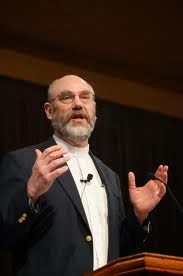Our lives are built around relationships. We have relationships with our parents, siblings, spouse, children, neighbors, co-workers, and many others. Among our different kinds of relationships in the world, there are two fundamental categories: our relationship with God, and our relationship with other human beings. These two different relationships define our life in this world, and both of these relationships work in very different ways. Our relationship with God is a passive one. Before God, we do not work to... Read more














